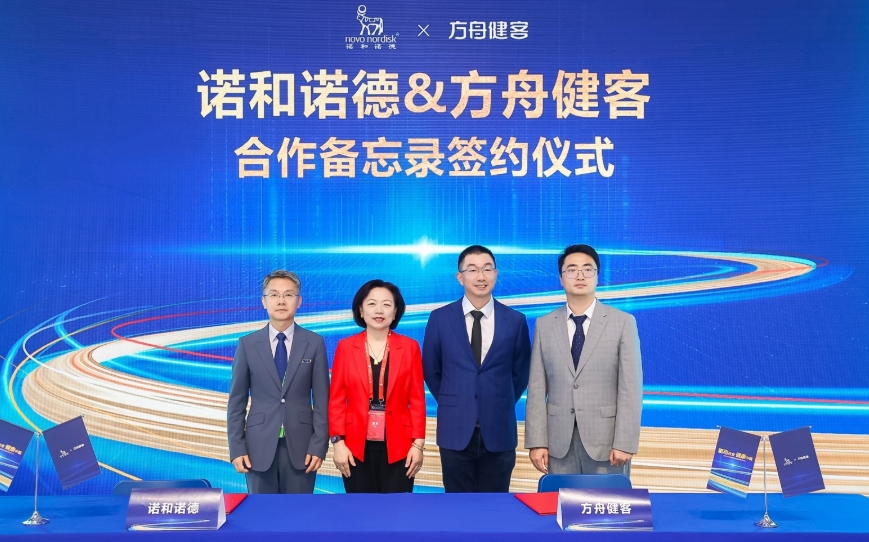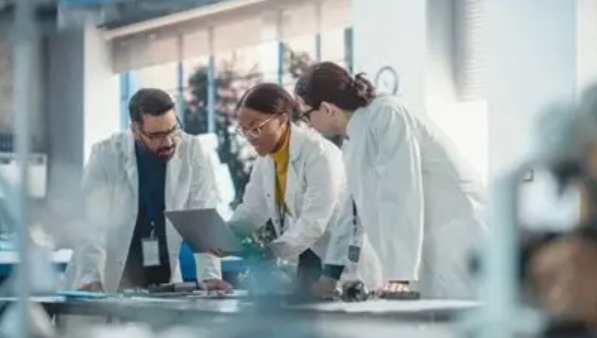
image credit- shutterstock
Ng Teng Fong General Hospital (NTFGH) has launched Project ENTenna (for ear, nose and throat), which will establish Asia’s first population allergy database focused on Allergic Rhinitis (AR). This artificial intelligence (AI)-driven, multi-year programme aims to enhance the diagnosis and long-term management of AR, a condition that affects 39% of Singaporeans.
Led by NTFGH and supported by National University Hospital (NUH), Tan Tock Seng Hospital (TTSH), Changi General Hospital (CGH), and the Agency for Science, Technology and Research (A*STAR), the programme tracks up to 6,000 patients over three years, from 2024 to 2026, using real-world data to guide clinical decisions and support the transition of care from hospitals to the community.
Project ENTenna is implemented with support from the Ministry of Health’s Health Innovation (MHI) Fund and the JurongHealth Fund. Project ENTenna integrates patient-reported data with AI analytics to personalise treatment, improve medication adherence, and reduce unnecessary hospital visits. AI-generated insights currently support clinicians in real time, incorporating system prompts that identify patients suitable for discharge and right-siting to primary care. In NTFGH, this has contributed to a 45% increase in discharges from specialist outpatient care to primary care, improving clinical efficiency, care transition planning, and optimising resource use.
While Project ENTenna also supports managing other conditions such as giddiness and tinnitus, its current focus is on AR – the anchor condition driving this initiative.
A foundational AI model is also being developed to enable more interactive and scalable tools for patient communication and further enhance clinical decision-making in future phases of the project.
The programme also features a research collaboration with the A*STAR Singapore Immunology Network (A*STAR SIgN), which will undertake molecular-level investigations to identify new therapeutic targets and explore why patients experience differing responses to the same treatments — insights that could unlock future drug discovery. Future plans for the project include expanding into paediatric care and enhancing outreach to vulnerable groups such as migrant workers.




